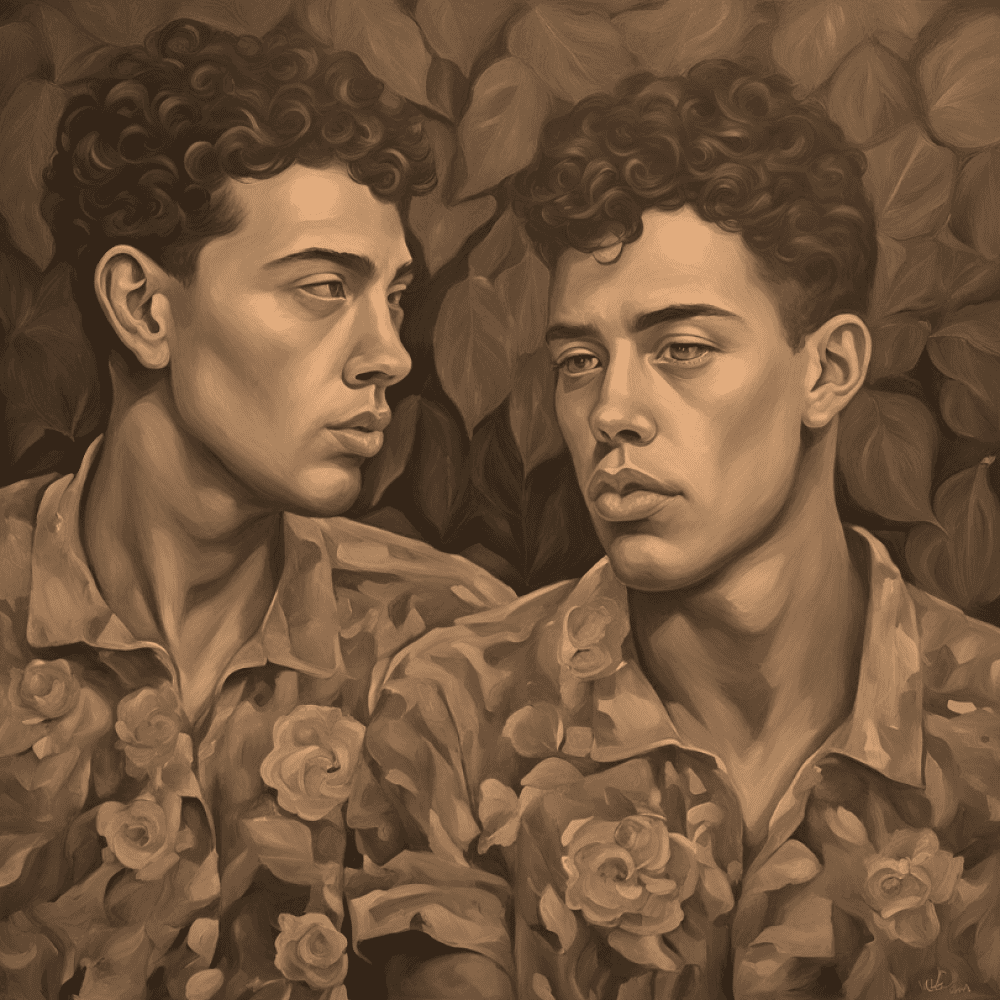There are a few Achilles’ Heels of traditional personality assessments, and here is one: they assume you basically have the same underlying personality always, although–of course–expressed differently, in different contexts.
But let’s think about this for one minute: if there is anyone in the world reading this article who has the same personality when they talk to their coworkers as they when they talk to their mother, please raise your hand? Of course, not one of you in the world reading this raised your hand.
And this brings us to one of the open secrets of the personality assessment land: your personality changes wildly by not only the universal context but by the micro-contexts and the web of relationships or non-relationships of people you’re with at any moment.
Said more simply: Morgan The Boss is quite different than Morgan The Employee who is quite different than Morgan The Son who is quite different than Morgan The Brother who is quite different than Morgan The Best Friend who is quite different than Morgan The Acquaintance who is quite different than Morgan Who Always Sits Quietly And Alone At The Corner Irish Pub Talking To No One, Absorbed In His Thoughts, Writing Into His Journal. And so forth.
To me, this sounds like an obvious truism; but it’s not widely considered to be one (hence, Myers-Briggs — you are an INTJ and that’s what you are, an INTJ, in every moment!). But here’s an example that should make it even clearer than the “how are you with your mother” joke-but-it’s-true above: compare people’s online personalities to their “IRL” personalities. The phenomenon of the “troll” exists for a reason: the anonymity of the Internet, among other reasons, tends to bring out the most aggressive side in people. Maybe my online Myers-Briggs is different than my IRL Myers-Briggs.
But then if we accept that premise, then it’s not just “online Morgan” vs “offline Morgan” but the million other contexts. Even with my examples above: “Morgan The Boss” has lots of different variations: Morgan The Boss at 28 years old vs 48 years old. Morgan The Boss of a team in Mumbai vs Palo Alto vs Argentina vs Brazil. Morgan The Boss of a small and very competent team vs the boss of a largely, unwieldy, and not-the-most-competent-team-in-the-entire-history-of-the-recorded-universe. Even within one of those contexts, I’m a very different type of boss to JohnnyTheMotivatedHardWorker than I am to JimmyTheLazyIdiotIKnowINeedToFire.
The static nature of traditional personality assessments makes this inevitable. When, to do an assessment, you need to to go to a testing room, take a pen, get a photocopy from a book, fill out the Scantron, then wait a few days for processing and get the results. That’s a very different world than the all-digital all-the-time world we live in now. What we need is a personality assessment vehicle that can take advantage of modernity. Oh, wait…!
The implications of this insight go deep, and are consistent with the separate-but-related Minsky Model I analyzed here a few days ago. If I am so different in so many different moments: then who am I, really? What is that spark of Morgan underneath it all?
Well. We can answer half of that by creating more complex models to understand you more deeply than shuffling you into one of 16 categories. But the other half of the answer gets more deep, and we have to dive into questions like, what is your soul, why do you exist, what is the meaning of your life. And I might have the answer but, to paraphrase Fermat, I don’t have enough space in this margin to write it.







